The head of the only women's crisis accommodation centre in Alice Springs says 2016 saw a disturbing rise in the intensity of violent attacks on Aboriginal women.
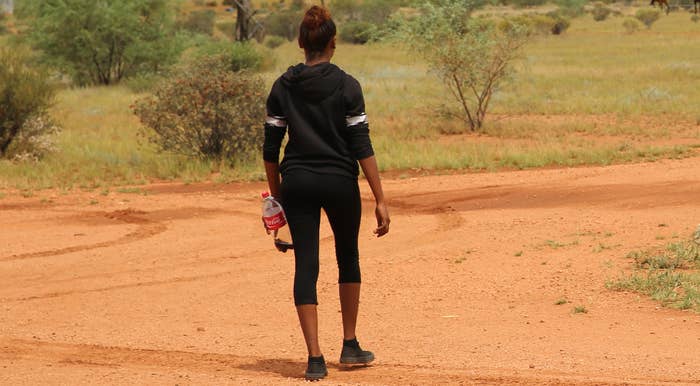
Di Gippy, chief executive of the Alice Springs Women's Shelter, says that 2016 saw a rise in the "level of viciousness" in assaults on Aboriginal domestic violence victims.
"Broken bones everywhere, feet, arms, legs: you name it. Multiple stabbings and machetes to the head," Gippy said. "You'd be hard-pressed to find another service in Australia with the same level [of] violence [directed at] the women coming through the door [here]."
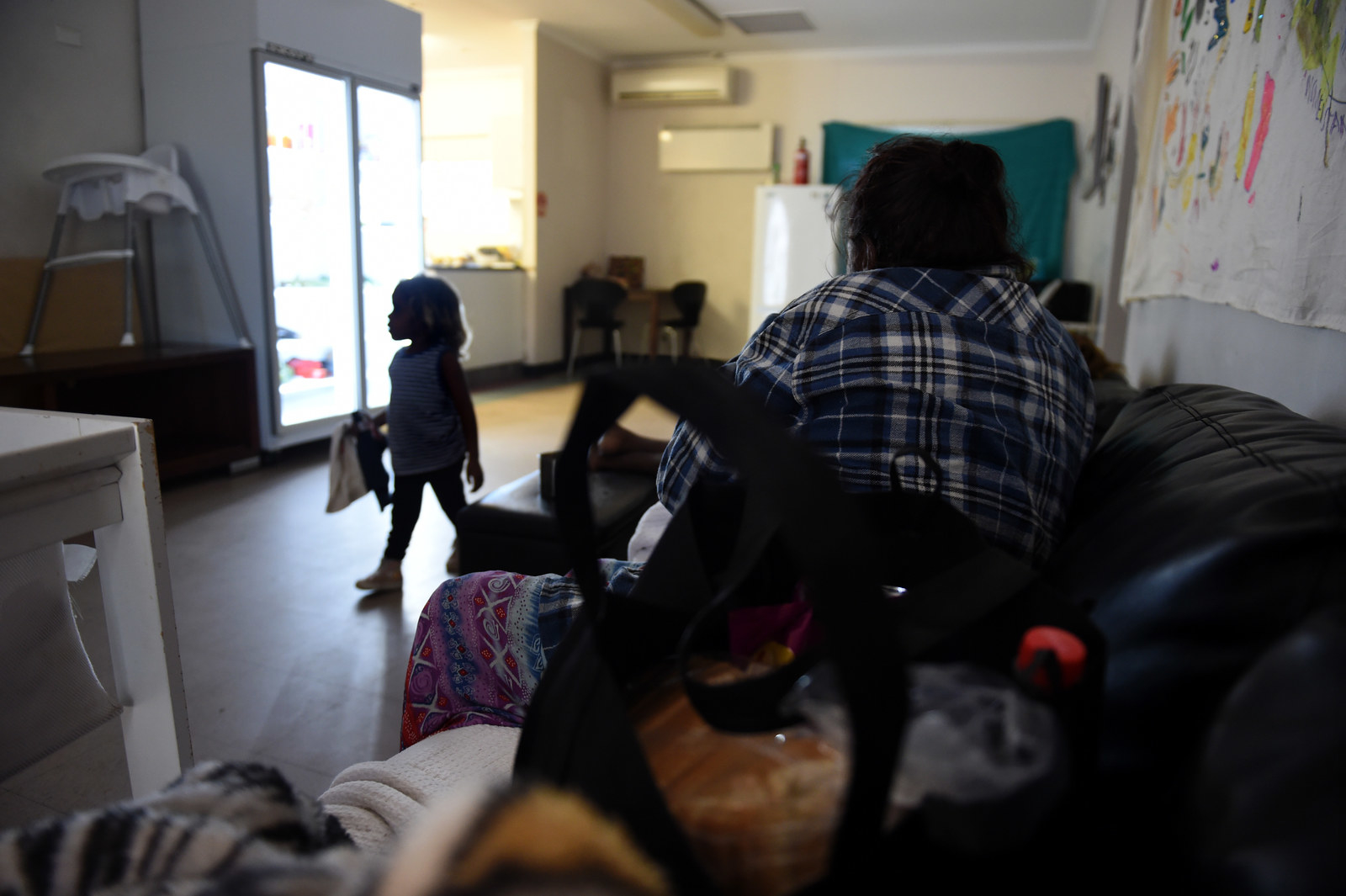
Gippy believes the increase in vicious attacks may be linked to the growing number of women making the decision to leave their partners, as family violence is more widely discussed in Australia.
"It’s very hard to identify why there has been such an increase in the level of violence, but I do think some of it is because more women are becoming more empowered," Gippy said. "Often part of the [domestic violence] cycle is when a woman is going to leave, or starts to leave... that's when they are at the most risk [of being abused]. There needs to be more funding for services to act as a safety net at that point."
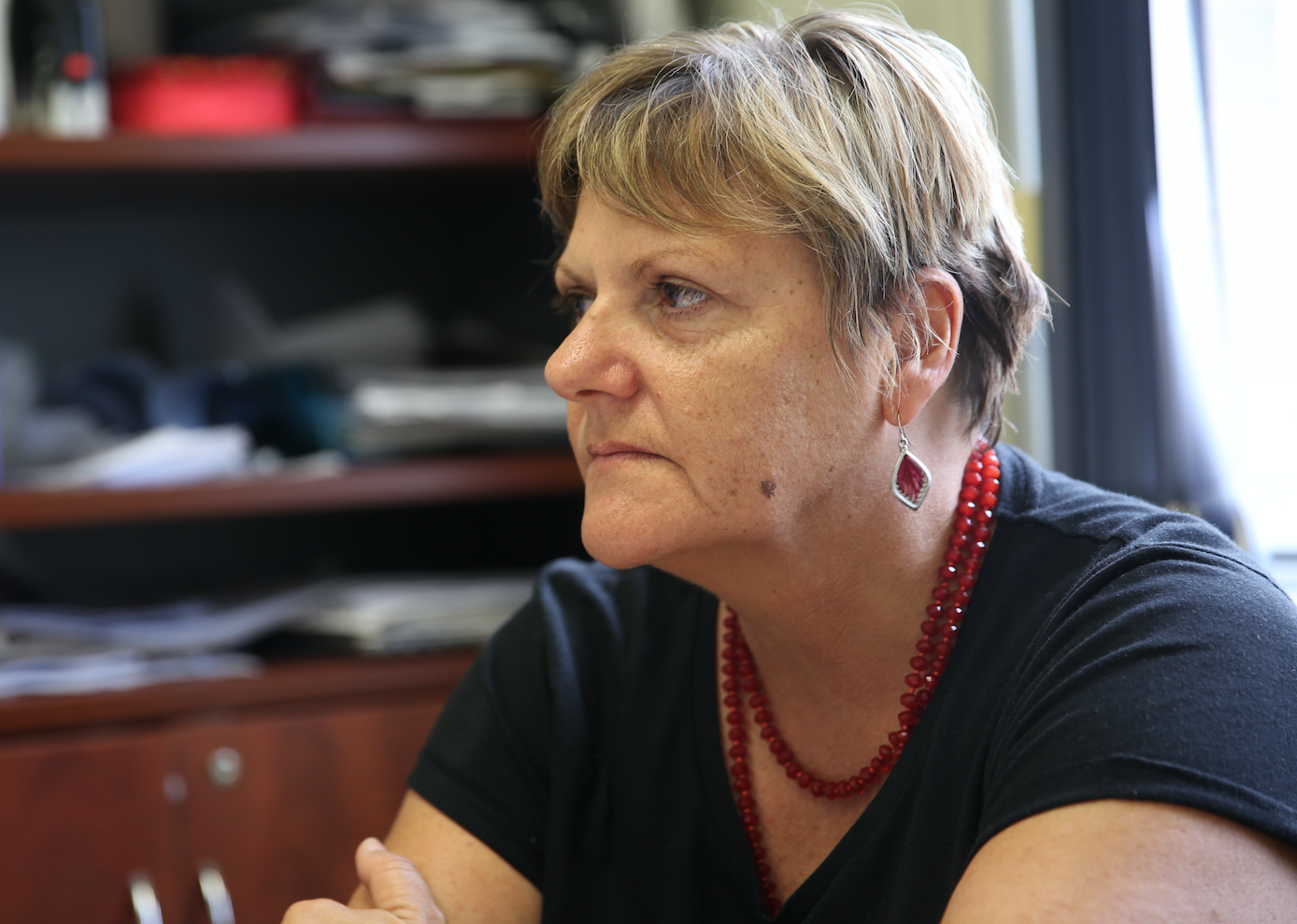
The shelter is the only "high-security crisis accommodation" for women fleeing domestic violence in the vast Central Desert region.
The facility caters to the entire community, but the majority of women who use the service are Indigenous.
The shelter, which has 30 beds, is constantly stretched to its limits.
"Around 500 women and 500 children come to use our service a year," Gippy said. "We also had about 1,350 women use our outreach service, as well as a couple of hundred of children."
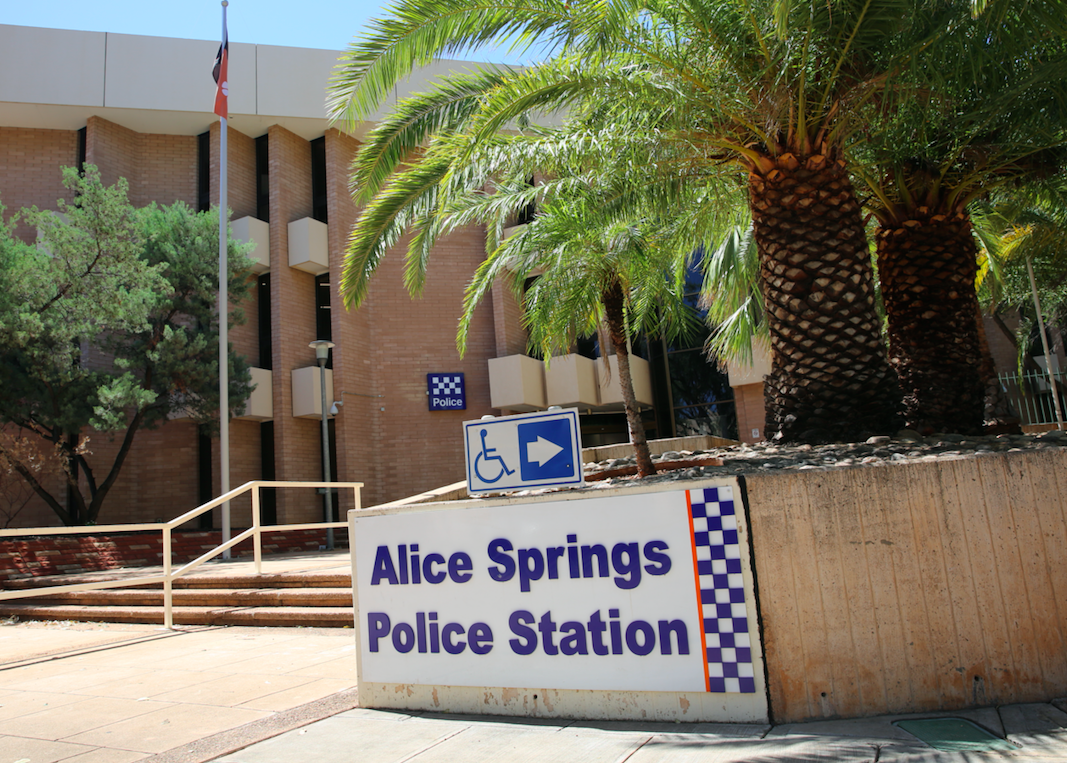
Detective Sergeant Gavin Hopwood from Alice Springs police said there had been 75,000 reports of domestic violence in the Northern Territory in the past three years.
"[Domestic violence] is a significant problem in Alice Springs, and it causes a significant workload for police," Hopwood told BuzzFeed News. "If we look over a three-year period we’ve had approximately 12,000 reported incidents of domestic violence around Alice Springs."
Alice Springs has a population of around 25,000. The entire surrounding Central Desert region, made up mostly of remote Aboriginal communities, has a population of just over 4,700.
"There are many factors but the main one is alcohol, it’s a big problem in this town," said Hopwood. "We put police officers outside bottle shops and licensed premises. It is making a difference, but again, it's more than just putting police outside bottle shops that is going to solve this problem."
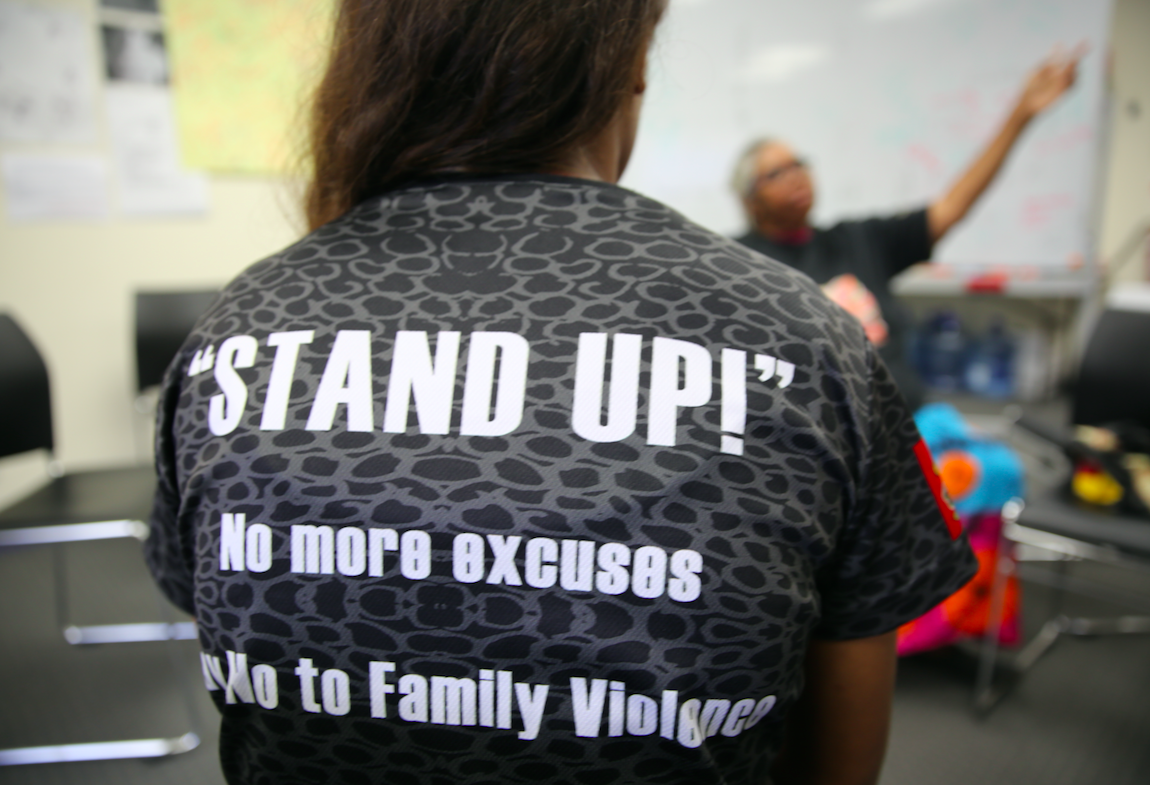
Nationally, Aboriginal women are 24 times more likely to experience domestic violence than non-Indigenous women.
There has also been a rise in Aboriginal women working on the frontline, often with no government funding, and at great risk to their own safety.
“I know what they are going through," Aboriginal elder Helen Gillen told BuzzFeed News. "I talk to my family and the people [in the town camps] and say, ‘When are you going to change? There [are] ways to do it. Quit the drinking and the violence’.
"We need to get rid of this thing [domestic violence] for the future generations to grow up strong and healthy."
